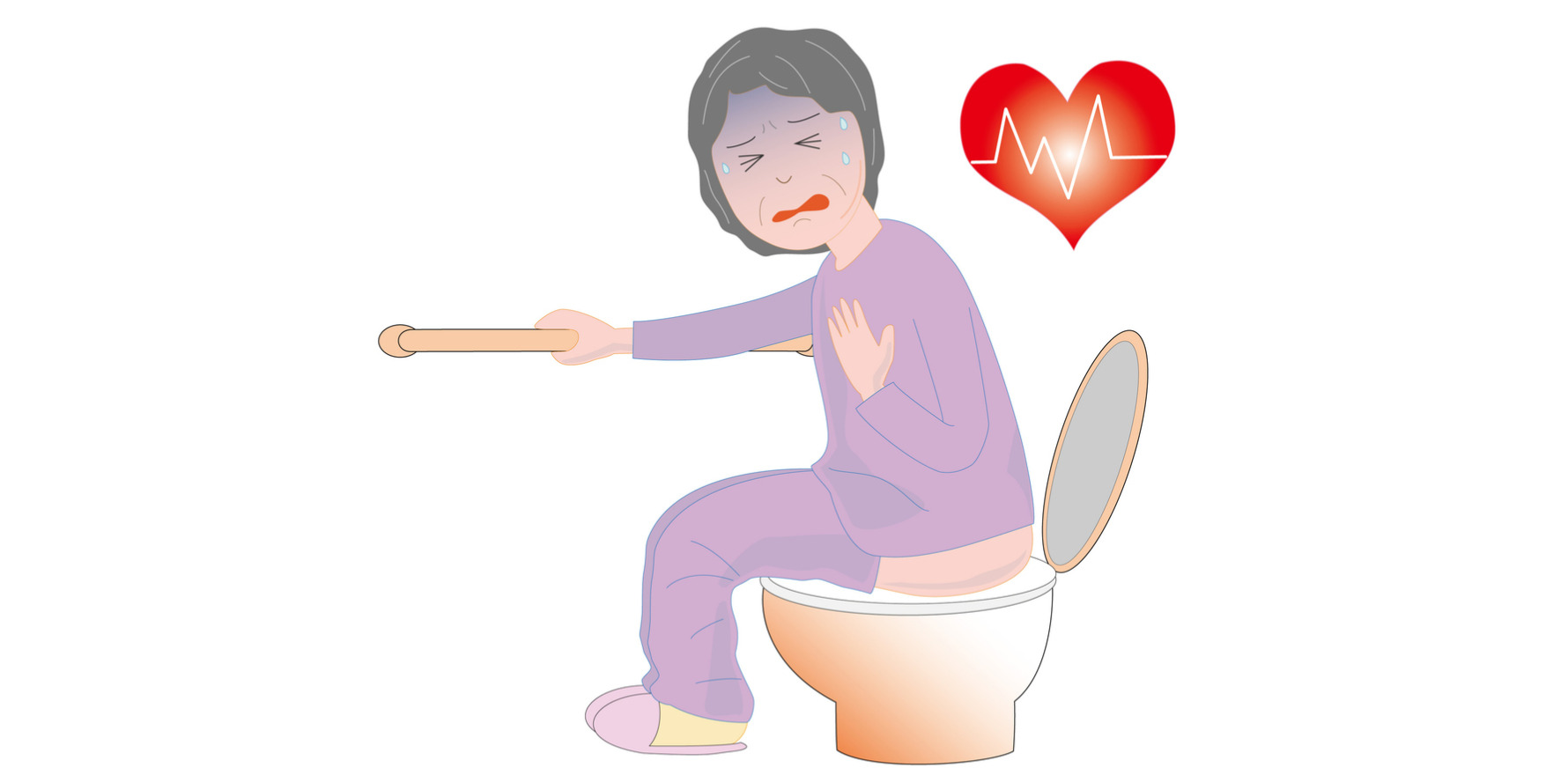It more than doubles the risk of an event, according to an international study including Monash, the Baker Institute and the Victorian Heart Institute.
New research suggests that chronic constipation is an important risk factor for major adverse cardiac events (MACE), independent of the usual suspects, and may be a predictor of these events in people with hypertension, the most common modifiable CVD risk factor.
“[I]dentifying of other non-traditional risk factors contributing to MACE is crucial to improve prevention, discover new therapeutic interventions, and implement more effective management strategies based on individual’s risk assessment, in line with precision medicine principles,” the authors write.
Chronic constipation, affecting around 14% of people, mostly women, and increasing in prevalence with age, is known to be associated with some cardiovascular diseases, especially splanchnic venous thromboembolism, and shares some risk factors with hypertension, including lack of physical activity, autonomic nervous system dysregulation, low dietary fibre and fluid intake, and gut dysbiosis.
An international study, including Monash, the Baker Heart and Diabetes Institute and the Victorian Heart Institute, of over 400,000 UK Biobank participants found that constipated people had just over twice the risk of having a major adverse cardiac event compared with those whose bowels were not bound up.
They had around 2.75 times the risk of heart failure, 2.4 times the risk of ischaemic stroke and 1.6 times the risk of acute coronary syndrome.
This was when researchers controlled for traditional CV risk factors (hypertension, obesity, diabetes, high cholesterol, smoking, older age and male sex), which the authors say explain only part of the risk.
The study also compared hypertensive people with and without constipation, finding that constipation increased the risk of MACE by 1.7 times and the risk of death by 34% for this group, adjusting for the above risk factors and the effect of calcium channel blockers on motility.
“This suggests that constipation may be a significant predictor of MACE in patients with hypertension, even after controlling for other traditional risk factors,” the authors write.
The study study demonstrated that up to 27% of genetic risk factors for constipation and MACE overlapped, although they could not confirm the directionality of the relationship between MACE and constipation.
“These shared genetic factors may underline pathophysiological mechanisms that explain the link between MACE and constipation. This includes disturbances in the autonomic nervous system, which regulates both cardiovascular and GI functions, with the vagus nerve playing a pivotal role,” the authors suggest.
They add that more severe constipation could be linked to the highest risk of MACE.
“Therefore, managing severe constipation through dietary modifications, increased physical activity, adequate hydration, and, if necessary, medications may hold potential to reduce cardiovascular risk profile,” they write.
However, the researchers could not adjust for physical activity, water and fibre intake, or mental health of individuals included in the study, nor the use of diuretics and beta-blockers.
Importantly, all the data was gathered from people of European genetic ancestry, so could not necessarily be generalised to people of a different heritage.


